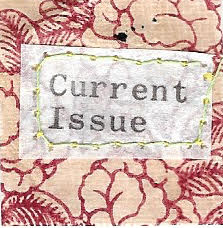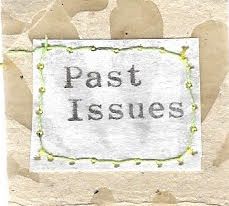D.L. Mayfield
The Confessional
In the airplane the woman next to me took out a small tin filled with squares of chalky paint. She had a clear plastic brush filled with water, and started to make a tiny replica of the view outside the plane window. She was in the middle seat, so she had to crane her neck past me to get a good view for her work — the light blue sky, the cotton clouds, the red tip of the wing, the rounded oval frame. She noticed my eyes sliding over to her work, and as she painted she started to talk quietly and pleasantly. About her old friends she was flying to see. Her later-in-life love of watercolors. Her only daughter, now about to graduate high school. The changing of her life seasons, the wistfulness of the new.
She asked me about my destination. I told her I was going to meet up with a group of female activists, but I didn’t feel like I belonged. Like I wasn’t good enough. The confessions poured out of me, the plane asacred and separate place. I heard myself telling her that I never felt good enough, not ever. That I was afraid of harming the communities I most wanted to help because of my stubbornly ingrained savior complex, my ever-present desire to be found right. I was angry because the world was falling apart, and I was scared that in trying to help I was only going to make it worse. The woman made miniature brush strokes in blues and grays, dipping her brush into a repurposed box of mints. I have friend like you, she told me. He started off small: trying not to buy anything with excess packaging. Bicycling to work to cut down on carbon emissions. Now, she told me, looking me straight in the eye, now, he refuses to buy toilet paper. She paused for a moment. He wipes his ass with his own hand, she said, almost as if to herself. She shook her head, and went back to painting.
I watched her, mesmerized, fingers itching for my own brush. We were quiet the rest of the flight, both of us trying in our own ways to not think about the metal plane keeping us alive and buoyant, about all of the small disasters that could happen at any moment. Was she painting a miracle or painting a distraction? I couldn’t decide. I watched her, stroke by stroke, paint what she could see over my shoulder. A world so neatly contained, one that I could never touch, and therefore never ruin, with my loving, soiled hands.





